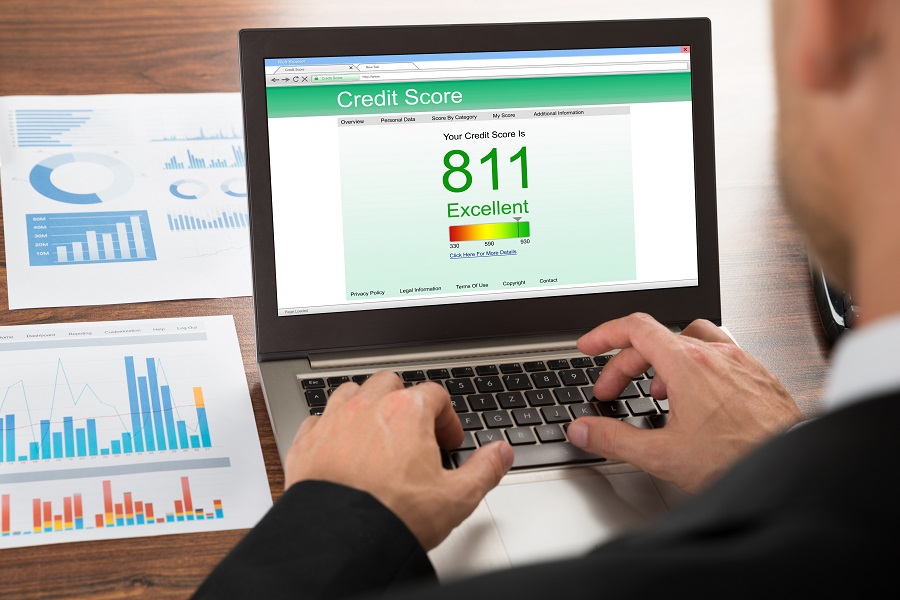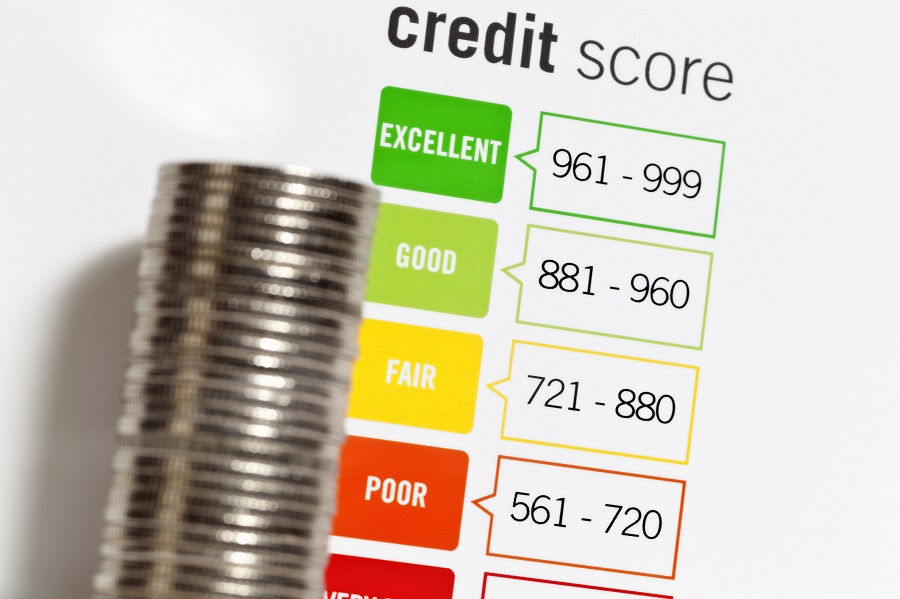For many who live paycheck to paycheck and struggle to pay their bills and past debts, taking out a personal loan is an ideal solution to remedy some of their financial woes. However, getting a loan involves a little more than just filling out a form and asking a lender for cash. In addition to other factors, the chances of your approval are dependent on your credit score. Keep reading to learn more about obtaining a personal loan and the credit score you need to do so.
Qualifying for a Personal Loan
Personal loans are offered by banks, credit unions, online lenders and peer-to-peer platforms. Each type has its own set of requirements, interest rates and loan terms. However, all lenders want to be assured that you will be able to pay back the money after borrowing it. This is the main point of the application. You can show your reliability by providing a reasonable credit score and proof of income. With a low credit score, you may be faced with paying a higher interest rate or risk not getting approved at all.
Understanding Your Credit Score
All lenders will review your credit score and credit history when looking over your personal loan application. Every lender has a minimum set of credit requirements, but if you have a low score, you may find it difficult to obtain a personal loan. Scores range from 300 to 850, where a higher number is preferable. Here’s how lenders usually view each score.
- 300-559 (no or poor credit): Scores in this range usually indicate a damaged credit history caused by defaulted loans or bankruptcy. Applicants with scores in this range are riskier, so loan approvals if approved are offered at a higher-interest rate.
- 580-669 (fair credit): This range also indicates some past issues with credit history, usually caused by loan defaults or late payments. You will still be able to find a personal loan, but the interest rate will likely be on the high side.
- 640-739 (good credit): If your score is in this range, you will be able to obtain a personal loan with a decent interest rate.
- 740-799 (very good credit): Scores in this range can open you up to your choice of lenders and qualify you for favorable interest rates.
- 800-850 (excellent credit): With excellent credit, you will have your pick of loans to choose from. You’ll also qualify for low-interest rates and be able to borrow larger amounts of money.
Other Factors Lenders Consider
Though your credit score is important, lenders look at a few other factors to get a better idea of your overall financial situation. If you excel in one of these other criteria, a lender may be willing to overlook a low credit score. Lenders will review your income, current debt, repayment history, and any collateral you have to offer.

How to Get a Personal Loan with Bad Credit
If you have a low credit score, it can seem like the odds are stacked against you. Though you will have a harder time qualifying for a personal loan, it’s not completely impossible. Start your search online to find the best personal loans for bad credit. Compare rates and terms from a few different online lenders so you can find the best one for you.
To learn more about getting a personal loan with bad credit, visit us at GetMoney.com.

